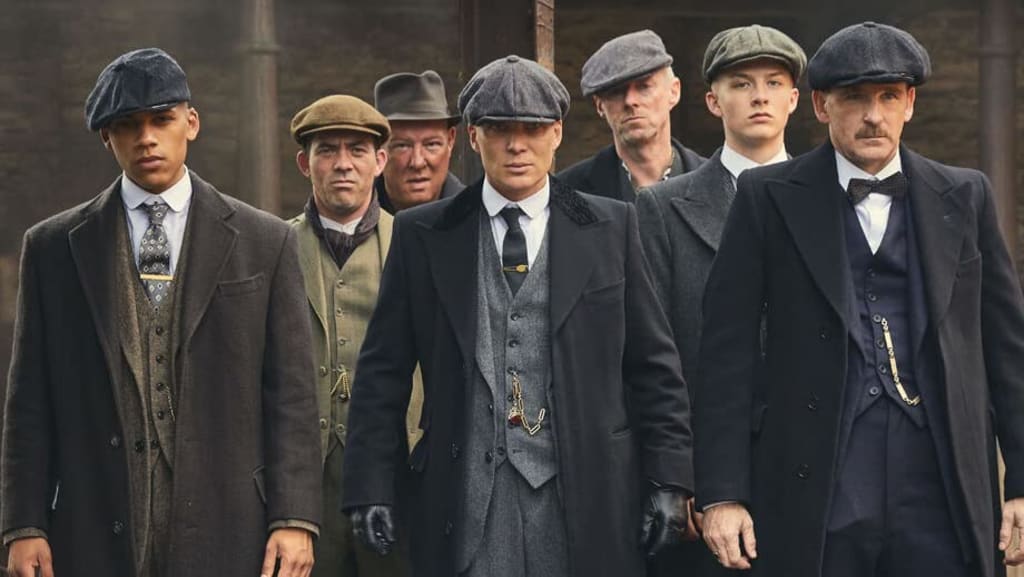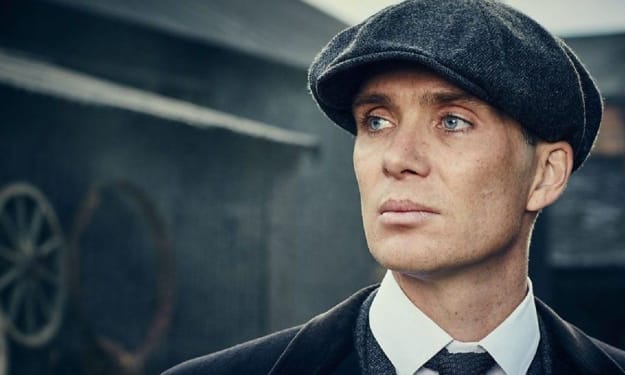
Many of the clichés of British historical plays are subverted in Peaky Blinders. It may have established a precedent for future entrants in the genre in doing so.
Peaky Blinders stood out from prior British historical dramas, changing the genre and demonstrating what could be done with episodic television narrative. Tommy Shelby (Cillian Murphy) and his family, situated in Britain between the First and Second World Wars, were a far cry from the dames in ball gowns spectators had come to anticipate from a British drama set during this time period. Peaky Blinders was the much-needed breath of new air for the genre.
Peaky Blinders premiered in 2013 and followed the growth of an ambitious Birmingham-based gang with the same name. Over the course of six seasons, the Shelby family amassed riches and influence through gambling, automobile exports, and secret operations for the British government. But, no matter how high the Shelby family of Peaky Blinders rose, they never forgot their working-class background. Canal boats, scrap metal yards, industries, flat caps, and the filthy streets of Small Heath all played a part in the drama and the characters.
Peaky Blinders violated British historical drama conventions by mythologizing the British working class rather than the upper crust and British peerage. “I wanted to illustrate that working-class characters could have agency and aspiration, that they weren’t just underlings,” said Steven Knight, the program’s creator. (Image courtesy of The New Statesman) Working-class characters were not only elevated to the foreground of Knight’s historical play, but they were also glorified. Peaky Blinders made it unpopular to be anything other than “an regular working man,” as Tommy phrased it.
True working-class stories have been mostly neglected in British period TV dramas prior to Peaky Blinders. If they were recognized at all, it was in a one-dimensional, pitying manner; there was none of the victory that Peaky Blinders delighted in. Working-class characters were subordinate to their aristocratic counterparts in Downton Abbey, for example, while the working classes were maintained at a deliberate distance in The Crown. Peaky Blinders, on the other hand, did not transform British historical drama simply by focussing on a working-class family.. Instead, the play defied expectations by making “gypsies” and “horse thieves” the talk of the town, while “cavalrymen” and “toffs” were mocked. Peaky Blinders followed the period drama cliche of othering a specific social stratum, but this time it was the top crust.
Peaky Blinders cultivated an atmosphere in which working-class men and women might be heroes. A distinct look was constructed, from the impeccably cut suits and harsh haircuts to the continual flow of booze and smokes to Nick Cave’s “Red Right Hand” as Peaky Blinders’ theme. Tweed and delicate Brummie baritones supplanted the expected picture of filthy rags and caricatured accents.Simply put, Steven Knight’s efforts made working-class life appear cool, and his strong dependence on style allowed him to celebrate unseen experiences in a way that made the viewer want to be a part of them. Peaky Blinders became a cultural phenomenon as a result of this. Flat-capped bachelor parties came to every British city center as young men emulated the characters’ hairdo.
Peaky Blinders will have an uncertain long-term impact beyond season 6. A film has been announced, and spinoffs have been mooted, but nothing has been said about it other than its legacy. Peaky Blinders’ success has already been capitalized on by Netflix, with shows like The English Game, which features working-class people. As a result, Peaky Blinders has provided a space for working-class individuals to be the protagonists of their own stories within the British historical drama genre.





Comments
There are no comments for this story
Be the first to respond and start the conversation.